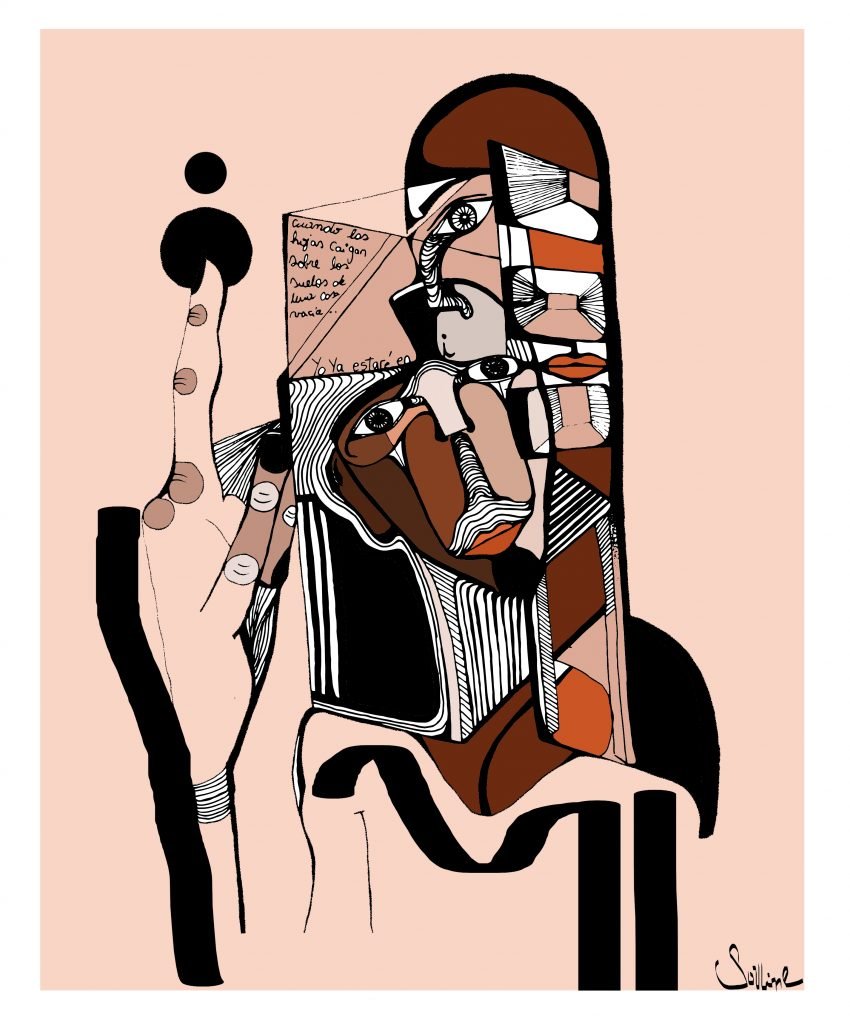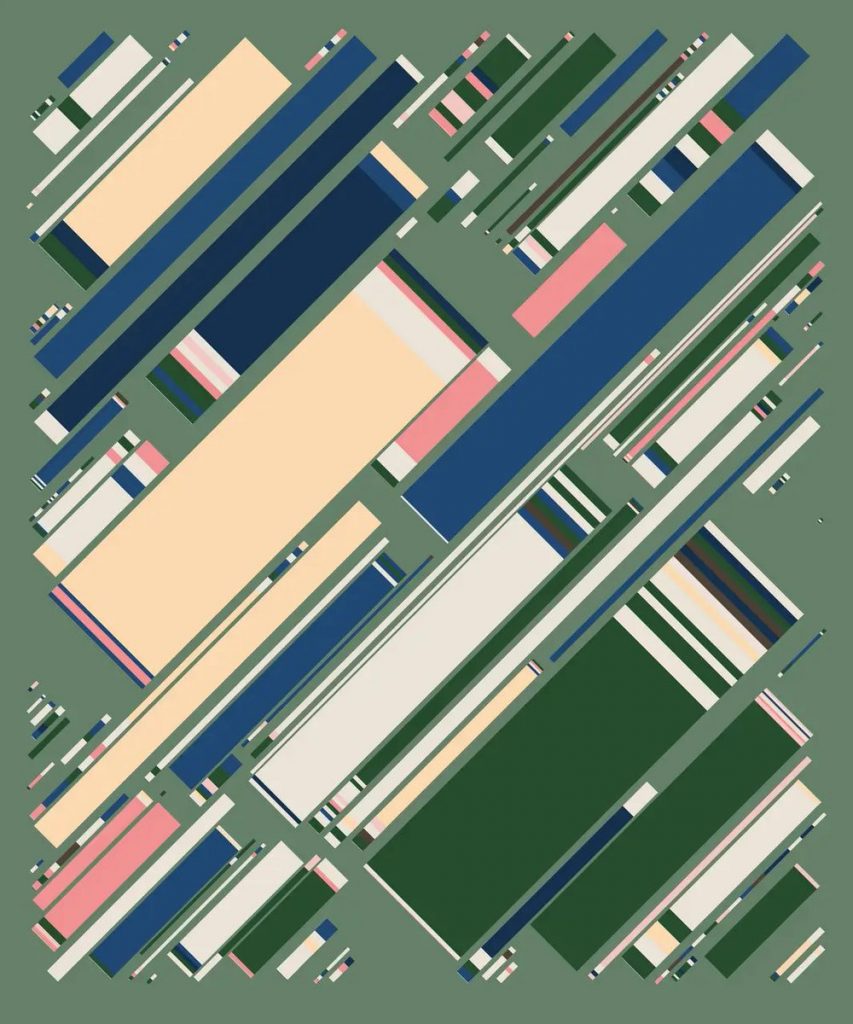
Anyone who visits the MOCA website will immediately realize that the Museum of Crypto Art is trying to bring about a paradigm shift. At its core, MOCA seeks to resolve the questions of “what is art?” and “who decides?” through a multi-stakeholder, decentralized platform.
To understand MOCA’s ethos and progressive vision for the future of crypto art, NFTevening sat down with MOCA’s managing director and curator Shivani Mitra. What transpired was an interesting discussion about crypto, art, and everything in between.
Quotes are condensed and edited for clarity.
What is MOCA?
MOCA is a metaverse museum that exists in virtual reality and exhibits across digital worlds. Don’t be fooled, it’s not just another museum. Rather, it is a global foundation, governance vehicle, and innovation laboratory that works to preserve and honour crypto art and its creators.
MOCA emerged after Shivani met co-founder and director Colborn Bell. Together they began to understand the potential for a whole redefinition of visual art. This served as a personal point of enlightenment for Shivani, who has always seen visual art as an “elitist, gated thing in private collections with a kind of top-down decision-making about what is good art.
Then the emerging MOCA team realized that the emerging crypto art scene was giving birth to truly unique art. However, at that point, no one thought about the philosophical aspect of crypto art.
“How do I talk about this art in a way that’s not about profit? In order to really value art, you kind of have to remove the buying and selling part of it. And you then have to step into the mindset of, what is the human being behind this work? Where are they? What are they experiencing?” says Shivani.
“So we started to realize there’s like an art movement here. Now what shape that took, we didn’t predict at all.” What the team recognised, however, is the need for an institution that cared about exhibiting artwork, rather than just buying and selling it. This is how MOCA came about.

@OrfanoSolange
(SoulineArt).
Collection: MOCA’s Genesis Gallery
Using art to create a new socio-economic paradigm
In addition to artistic and technological aspects, MOCA’s vision is also sociopolitical. Through crypto art, the MOCA team wants to make people realize how life-changing decentralization can be and how it can truly be a force for change.
“The incentives that we have today are driven by powerful hedge funds, powerful governments, and people who will do what it takes to control money,” explains Shivani. “So what happens if you have a whole new system where there is no authority doing this? That is what happens when each of us decides that we can trust one another to create an economy that is based on our interactions. That is decentralization. It’s like a trustless, shared network.”
MOCA believes that NFTs are the first step towards people understanding this imminent paradigm shift. Shivani, however, realizes that we are a while away from a real socio-economic shift. “Even though we live online, we still have to buy food or water, right? So when there is a day when I can buy food with Bitcoin, I welcome it. Because then I think I’m going to be freer,” she says.
Shivani also points out, however, that the artists with whom MOCA works, which account for about 2000 artists, have already realized that decentralization is indeed a better system. “They all began to recognize that they just have so much more freedom when they live in crypto. They can move to any country they would like, they can access their collectors without the gallery system, and so on.”
MOCA’s grand vision
MOCA’s vision is twofold: the team is working hard to preserve the historical elements of the crypto art movement. Indeed, the team members marked December 2020 as a timestamp when they saw a massive shift from art for art’s sake to massive profit.
In addition, MOCA has bigger ambitions. Indeed, the museum is well on its way to realizing its own innovative virtual museum. “Let’s say you have a collection of 10 NFTs that you really like. You can use MOCA’s smart contract to immediately create a “room” within a piece of architecture, and exhibit the code and move it into a virtual world,” explains Shivani. As a result, curators, collectors and artists can create a virtual “MOCA room” to exhibit their collection, while also gaining access to MOCA’s full collection.

@tylerxhobbs
Collection: MOCA Community
The future is decentralized
In order to fully realize its decentralization goals, MOCA is working on a virtual assistant that will serve as a decentralized virtual curator. When it is ready for launch, the virtual curator will be key to getting as many individuals’ opinions as possible to curate the future of the museum. In addition, people can use the virtual curator to learn more about a particular piece of art and find similar art pieces without needing a biased human curator to do so.
Eventually, the virtual curator will be the ambassador of the MOCA brand. “It would be really cool to think about a voice for the museum. Of course, I would like it to be female. There needs to be more of that space,” ponders Shivani. “But I think people should be able to choose the avatar of the museum they would like, and I hope one day we can offer multiple beings. It’s interesting to start to play with people’s concept of a curator as well.”
All in all, MOCA is playing a key role in defining what art means in the 2020s. By taking a philosophical approach to crypto art, the Museum is serving as a catalyst for promoting crypto art as a tool for meaningful social, economic and political change.
Are you tired of missing important NFT drops?
Just check out our NFT Calendar!
Receive the biggest NFT news of the day & recommendations in our Daily newsletter.
All investment/financial opinions expressed by NFTevening.com are not recommendations.
This article is educational material.
As always, make your own research prior to making any kind of investment.
This news is republished from another source. You can check the original article here.

Be the first to comment